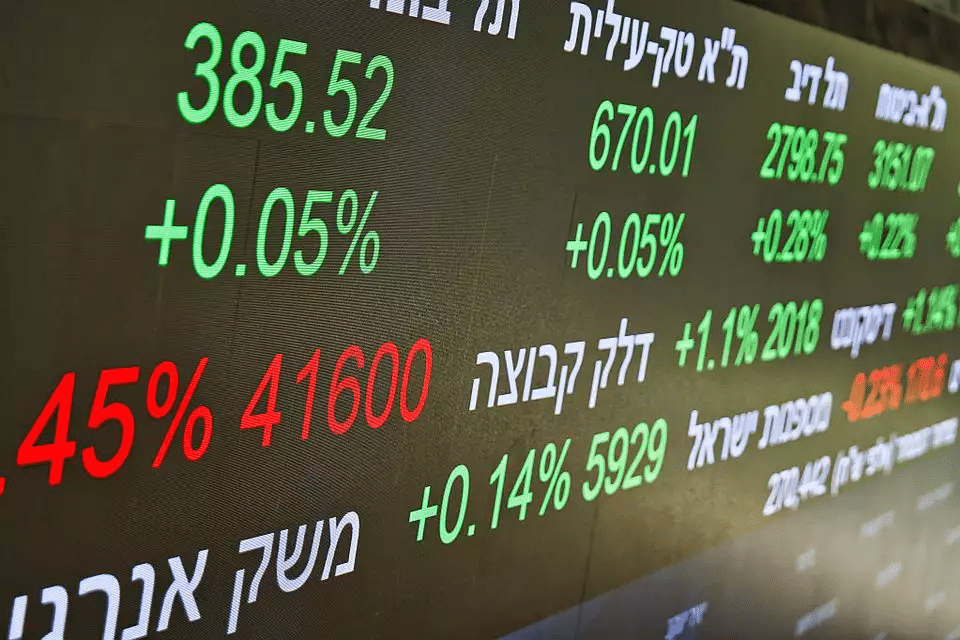On Thursday morning, trading room conversations were dominated by the warning issued by Moody's, which indicated that harm to Israel's democratic foundations is a serious signal to global investors. Such investors seek protection for private property and fear impulsive and populist political actions that could jeopardize their investments.
In this context, foreign investors can be divided into two groups. The first consists of speculators - highly aggressive investors who profit from chaos and disorder. No one will shed a tear if they choose to pull out of Israel. In London, officials have been trying to drive them out for years. These investors have instead turned their attention to markets in Turkey, Hungary, Russia, and now Israel.

The second group is far more critical to the economy. Not only does Israel want them to stay, but it will pay a steep price if they remove Israel from their portfolios. These investors heed the warnings of credit rating agencies and serve as an economic engine, particularly for Israel's high-tech sector and several major companies, including Elbit Systems, Bezeq, and the banks, which are prime examples of their investment allocation.
This group represents substantial capital invested over medium to long terms. Their concern that politicization might seep into Israel's judiciary is already prompting them to pull out. And because the sums involved are so large, this is a slow and significant process.
On the other side are Israel's institutional investors, who now face a major dilemma: Should they inject demand to protect their portfolios, a questionable but legitimate move, or allow the market to take a hit and scoop up assets when prices hit rock bottom.
Caught in the middle is the general public, which has reason to be concerned either way. As of now, Israel's major institutional investors are actively discussing potential courses of action, weighing whether the big foreign players will indeed begin pulling their money out of the Tel Aviv Stock Exchange.




